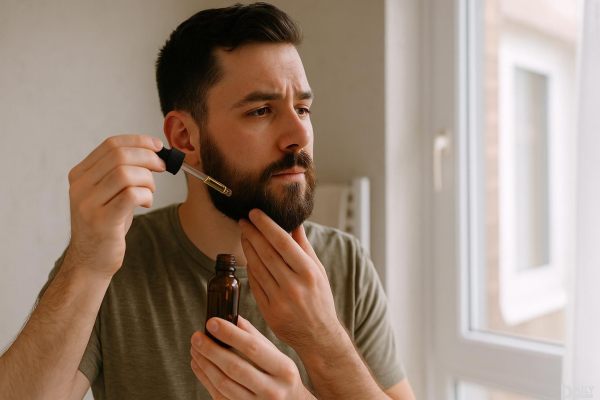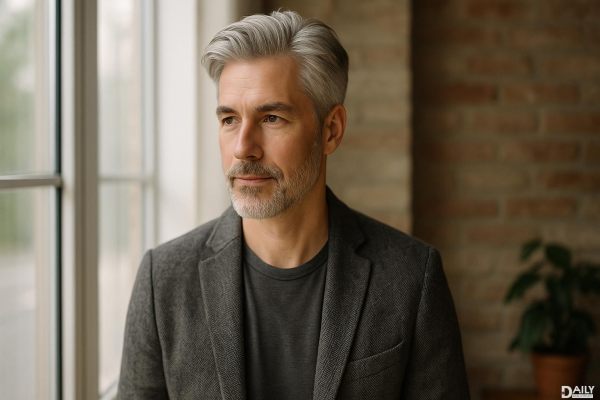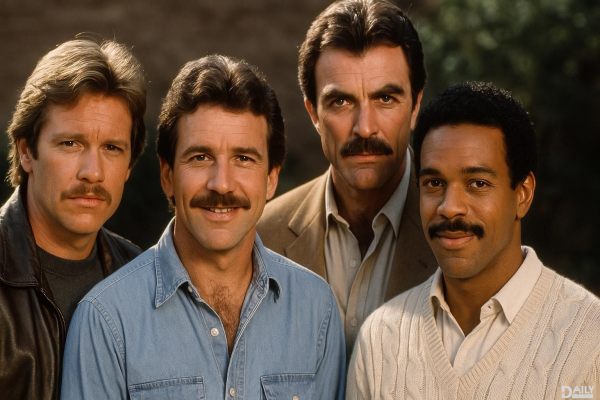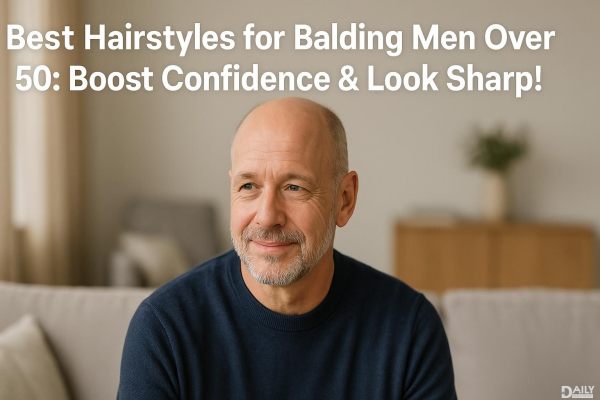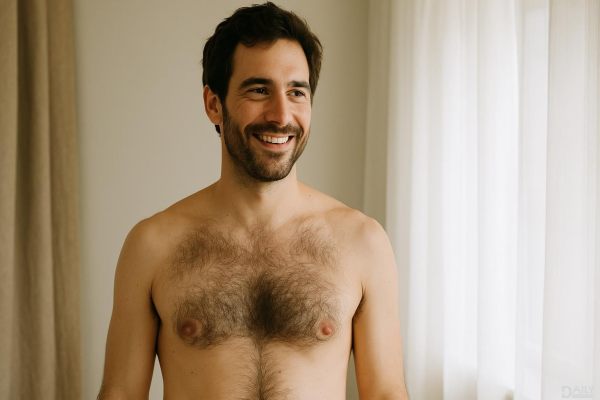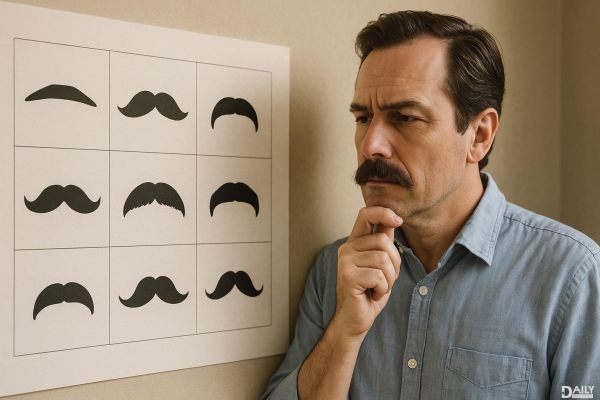That iconic 1920s mustache isn't just a fashion statement—it turns out this vintage facial hair trend packs some unexpected health perks. While you might think of it as purely decorative, that carefully groomed upper lip actually serves as a natural air filter, sun protector, and even a bacteria fighter. Who knew your grandpa's soup strainer was secretly a wellness tool?

Before HEPA filters became a thing, mustaches were doing the heavy lifting. Research from the University of Utah found that facial hair traps about 30% more airborne particles than a clean-shaven face. Your 'stache acts like a natural net, catching dust, pollen, and other irritants before they enter your respiratory system. This explains why turn-of-the-century factory workers often sported thick mustaches—they were the original PPE in dusty environments.
Your upper lip gets more UV exposure than almost any other part of your face. A study in the Journal of Radiation Protection showed that a thick mustache provides roughly SPF 5 protection—not enough to skip sunscreen entirely, but a helpful boost. The hair blocks direct sunlight while allowing enough airflow to prevent that sweaty, sticky feeling you get with traditional sunblock. Bonus: no white cast in your vintage photos.
Contrary to what your germaphobe aunt might think, mustaches aren't petri dishes. Research from Boston Medical Center discovered that facial hair hosts beneficial microbes that actually fight off harmful bacteria—sort of like a probiotic for your face. The natural oils in mustache hair create an environment where good bacteria thrive while making it harder for pathogens to take hold. Just remember to keep it clean—this isn't an excuse to skip washing.
Dry winter air wreaks havoc on your skin, but mustache wearers have a built-in humidifier. The hair traps moisture from your breath, creating a microclimate that prevents chapped lips and dry skin underneath. Dermatologists note this is why mustachioed gentlemen in cold climates often have fewer issues with facial eczema and windburn compared to their clean-shaven counterparts.
There's something meditative about the daily mustache maintenance ritual. The repetitive motions of combing, trimming, and waxing trigger the same relaxation response as other mindfulness practices. A behavioral study at Stanford found that men who engaged in regular facial hair grooming reported 20% lower stress levels. It's not just about looking sharp—it's about feeling centered.
Seasonal allergy sufferers might find relief under that bristly brush. The mustache's filtering effect extends to pollen and other allergens, reducing the amount that enters your nasal passages. ENT specialists note that while it won't replace your antihistamines, many patients report milder symptoms during peak allergy months after growing facial hair.
Next time you see someone rocking a vintage mustache, remember—they're not just making a style statement. That facial hair is pulling double duty as a natural health accessory. Whether you're growing your own or just admiring the look, there's more to these whiskers than meets the eye. Maybe it's time to bring back the Roaring Twenties in more ways than one.
